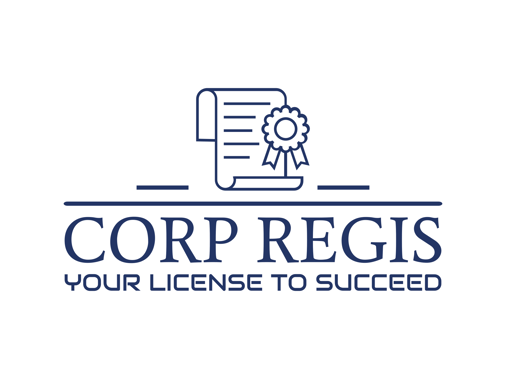PRIVATE/PUBLIC COMPANY REGISTRATION
Private Company Registration:
Minimum Requirements: To register a private company, a minimum of two shareholders and two directors are required. The maximum number of shareholders is limited to 200.
Name Reservation: The first step is to reserve a unique name for the company through the MCA's online portal. The proposed name should comply with naming guidelines and not conflict with existing companies' names.
Incorporation Documents: The following documents need to be prepared and filed with the Registrar of Companies (ROC): a. Memorandum of Association (MOA): It outlines the company's main objectives, authorized capital, and rules governing its operations. b. Articles of Association (AOA): It defines the company's internal rules, regulations, and procedures. c. Declaration and Consent: Directors and shareholders must provide their consent and declarations as per the prescribed format.
Digital Signature Certificates (DSC) and Director Identification Numbers (DIN): The directors must obtain DSCs and DINs, which are essential for electronic filing with the MCA.
Registration with the ROC: Once the required documents are prepared, they need to be filed with the ROC along with the prescribed fees.
Certificate of Incorporation: If the documents are in order, the ROC will issue a Certificate of Incorporation, confirming the legal existence of the private company.
Public Company Registration:
Minimum Requirements: To register a public company, a minimum of seven shareholders and three directors are required. There is no maximum limit on the number of shareholders.
Initial Compliance: Public companies have additional compliance requirements compared to private companies, such as appointing a statutory auditor and obtaining a Certificate of Commencement of Business.
Prospectus or Statement in Lieu of Prospectus: Public companies are required to issue a prospectus or a statement in lieu of a prospectus to invite the public to subscribe to their shares or debentures. This document provides detailed information about the company's operations, financials, and risks.
Allotment of Securities: Public companies must comply with the regulations regarding the allotment and transfer of securities, including shares and debentures.
Listing Requirements: If a public company intends to have its shares traded on a stock exchange, it must comply with additional listing requirements prescribed by the respective stock exchange(s).
We at Corp Regis offers comprehensive and efficient services for the registration of private and public companies, assisting clients in navigating the legal requirements and ensuring a seamless registration process.
